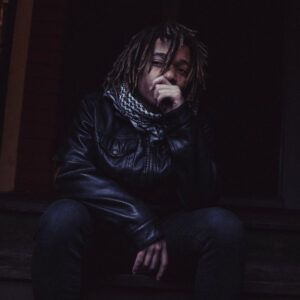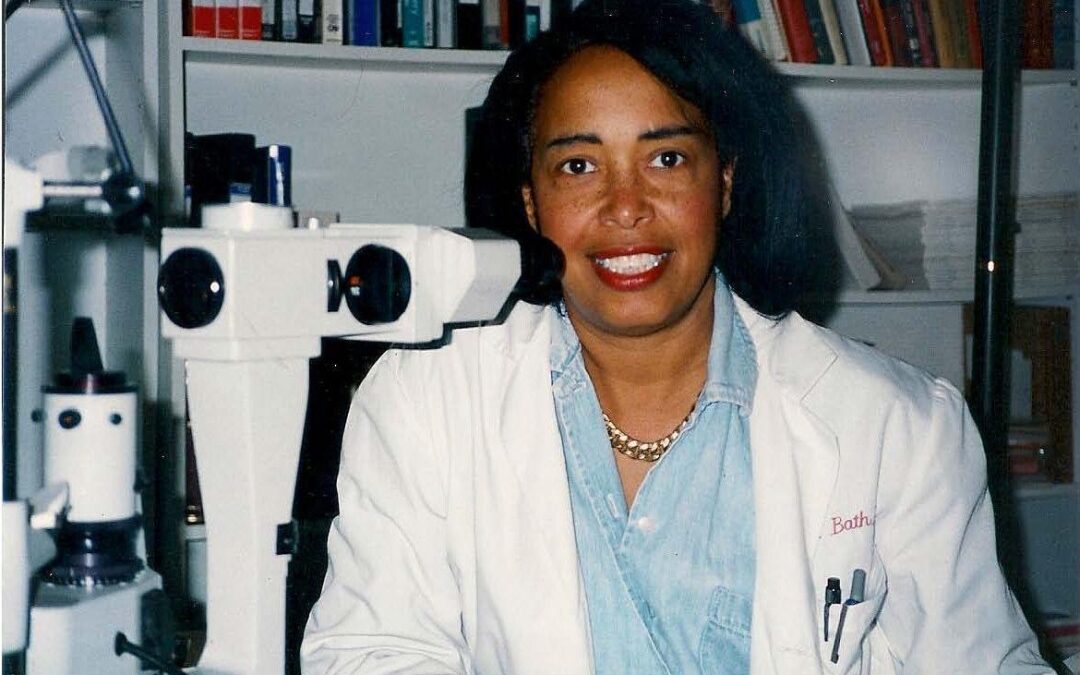
by Sekou | Jun 15, 2020 | Features
A tidbit of information about me: I wear glasses. A good amount of my family wears glasses. When we all had to get our vision tested, and there is a time in every glasses-wearing person’s life where we think, “What if we could just see better? What if we could just get something that improves our vision like laser-eye surgery?” Well, Dr. Patricia Bath has the answers.
Born in 1942, Dr. Patricia Bath has had a storied career and life. Where to start? First off, she graduated high school in 2 years. Here’s how smart she was at 16: she was one of few who attended a cancer research workshop that was sponsored by the National Science Foundation. Dr. Robert Bernard, the program head, was so impressed that he incorporated her findings in a scientific paper HE presented! She also received the Merit Award from the Mademoiselle magazine. Just to remind you, she was 16 YEARS OLD!
After graduating high school, she attended Hunter College and received her bachelor’s degree in 1964. After that, she attended Howard University for her M.D. soon after. After graduating with honors, she accepted an internship at Harlem Hospital. She went to Columbia University for her fellowship in ophthalmology.
In her studies at Columbia, she discovered that Black people were more likely to suffer from blindness and even more likely to suffer from glaucoma. Upon this discovery, she made a community ophthalmology system, increasing eye care for people who were unable to afford it.
Let’s discuss a few more accomplishments. In 1973, she became the first Black person to complete a residency in ophthalmology. In 1975, she became the first Black woman in the Department of Ophthalmology at UCLA. In 1988, she became the first Black female doctor to receive a medical patent. What did she invent?
The Laserphaco Probe was invented in 1986 to help improve treatment for cataract patients. In order to understand how important this was to Dr. Bath, let me tell you what she said 10 years before her groundbreaking invention: “eyesight is a basic human right.” She said this, while co-founding the American Institute for the Prevention of Blindness. With the Laserphaco Probe, she used laser surgery to make cataract treatment less painful and more precise.
For giving us inventions that help us see better, (the Probe isn’t the only thing that she has patented) for championing Black excellence, and for being an advocate of telemedicine as well, Dr. Patricia Bath (1942-2019) remains one of our unsung heroes and a Black pioneer.
I hope you all enjoyed this! Every Monday, you will get another Black innovator, as we are more than just 3 people we learn about. We are excellent, we are beautiful, and we all matter! MT Out!
Biography.com Editors. Patricia Bath Biography. 2 April 2014. 14 June 2020.
Photo Copyright: Patricia E. Bath, M.D.
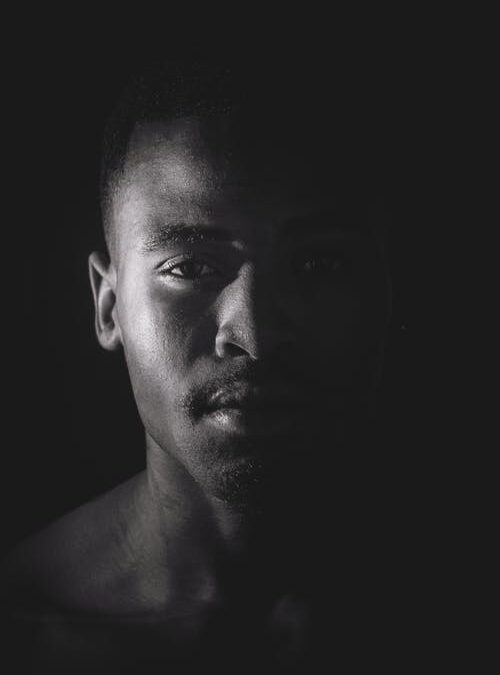
by Sekou | Jun 8, 2020 | Features, Mental Health
Let me start by saying this: rest in peace to the unending list of Black men, women, and children who have been unlawfully murdered. It has been an epidemic since we got here. Man, it is HARD to be Black in America. You are constantly looking over your shoulder to make sure you are doing the right thing so people don’t put you in jail. You are constantly trying to make sure you aren’t “threatening”, because if somebody (specifically, White) says you are threatening as a Black person, then it is truly a death sentence. You also get very uncomfortable when you are driving at night, and a car is behind you. Even if it is another entirely different car, even if it is a Cadillac Escalade, you still have in the back of your head, “what if it’s a cop car?” This is all paranoia, but it is the most justified paranoia in America. It is Black Paranoia.
If you have felt unbelievably nervous going down to a protest as a Black person, if you have felt like you needed to hold your tongue around coworkers and non-Black friends about issues that you deal with, if you have felt like the workforce has been a place where you have to protect egos and fragility, you have felt this Paranoia. These are just small byproducts of the larger reason.
This paranoia stems from a system that was set in place 400 years ago. Yes, to track this paranoia, we have to go back to slavery. There is something known as Post Traumatic Slave Syndrome. This is where Black Americans still feel the effects of chattel slavery.
Why do we feel these effects? Well, when slavery was first abolished, we were not given anything. They pretty much said, “Well… we can’t keep y’all so goodbye.” We did not have housing, we didn’t have resources, and we didn’t have anyone have empathy for us. Certain practices were still in place, even though we were free. For example, the first free generation wouldn’t look a white person in the eye when they were talking to them. This, thankfully stopped with the generation after that, but with Jim Crow laws in place and us (Black America) still being treated like we were sub-human, and we never got empathy or compassion. Coming into now, people still care more for animals getting killed than Black lives.
So how does Post Traumatic Slave Syndrome manifest itself? Well, according to Dr. Joy DeGruy, it manifests itself in “vacant esteem, described as insufficient development of self esteem, along with feelings of hopelessness, depression, and a general self-destructive outlook.” For example, feeling like talking properly is “White shit” and feeling like Eurocentric features are the pinnacle of beauty; a marked propensity for anger and violence and an extreme suspicion and perceived negative emotions of others. Also, violence against self and others in the community. For example, having a strong distrust for white authority figures, such as bosses and of course, the police. Also, us not wanting to go to therapy because most therapists are white. These are just a couple of things that Dr. DeGruy discusses in her book.
See, in America, being Black is already a misdemeanor. It is something that you are guilty of being when you are born. And no one feels bad about it. White America looks at you skeptically, and they look at you like you have done something wrong. This “looking” manifests itself in different ways, such as microaggressions, using statements like “they” or “those people”, saying, “you’re one of the good ones and not one of those ‘thugs’”, and of course, All Lives Matter.
As a Black man, let me say this: when I hear a White person say, “All lives matter”, I get nervous, because I know that if I were to die by the police, or some White person who just happened to have a shotgun at the time, I know that you would not care about me. If all lives matter, then why aren’t you pissed off that plenty of people have been unlawfully killed at a disproportionate rate? You don’t think all lives matter. You’re mad because you believe my life, as a Black man, doesn’t.
So what is Black Paranoia? Black Paranoia is being afraid for your life at a routine traffic stop. Black Paranoia is feeling like you are obligated to attend protests because you are Black, but feeling scared to go for fear of arrest, and just being emotionally drained from the protests because this is an experience you live every day. Black Paranoia is being afraid to speak up about how people care more about animals than your own life. Black Paranoia is feeling like you always have to explain that you don’t mean “all white people” when a white person starts to feel bothered because you are discussing racism in the country. Black Paranoia is real, it is hard, it is what needs to be talked about. Not to explain to the well-meaning white people or the racist white people. This is to give Black America a voice. We have been silenced for far too long. We will be heard. We have been getting heard all across the country. Black Lives Matter.
DeGruy, Joy. POST TRAUMATIC SLAVE SYNDROME. n.d. 1 June 2020.
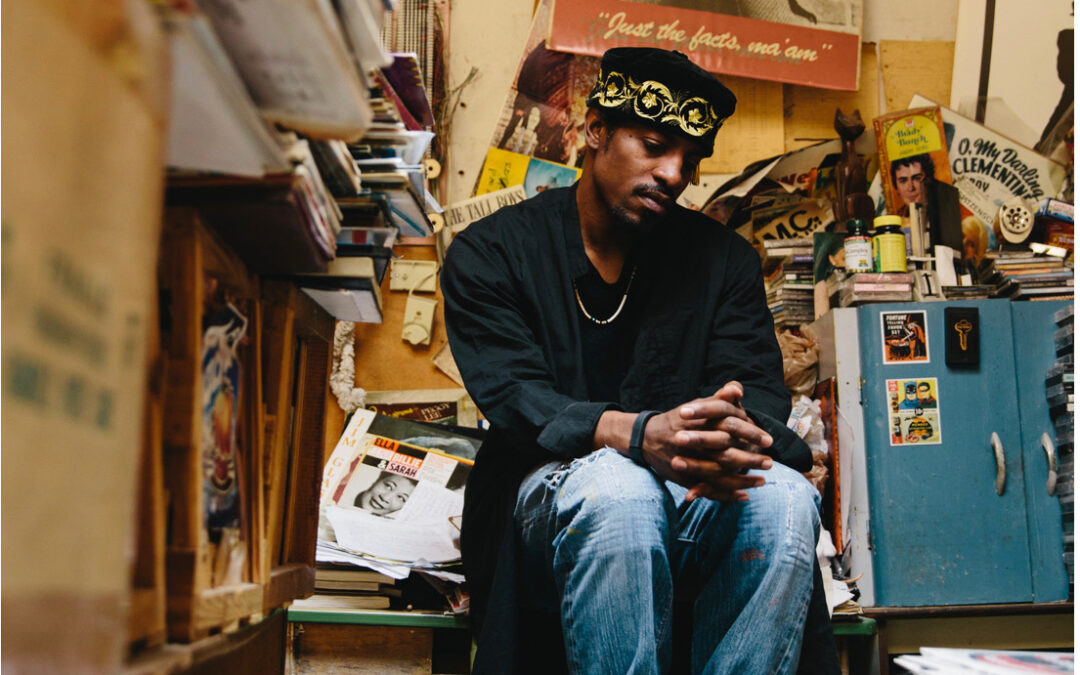
by Sekou | May 27, 2020 | Features
Happy birthday to Andre 3000! Today is his 45th birthday. Andre 3000 has had a storied career. ½ of OutKast, making 6 fantastic albums, one of which went diamond, having an acting career, starring in movies such as Semi-Pro and playing Jimi Hendrix in All My Life, making a cartoon called Class of 3000, and even getting into fashion! The man is a legend, even without a solo album. The closest thing that we have gotten to a solo album is The Love Below, but I don’t know if we will get a proper one, as Andre has stated that he feels too old to have another solo album. Would you like to see a solo album from Andre? What is your favorite verse from him? Let MT know!
Photo creds: Zach Wolfe
by Sekou | May 21, 2020 | Features
Hello, beautiful people! I wanted to announce something about the site. Starting next week, I will be posting far more frequently. How much more frequently? Just about daily! Now, there is great news and not-so-great news about this. The not-so-great news is that every post will not be my long form articles that are shown on the site. They will mainly be music news or small blurbs. The great news, along with nearly daily content, is the fact that you will still get those long form articles weekly! Will keep you on your toes for now as to when the date is for each of them, but I’m excited to be going in this direction! A new article is coming tomorrow!
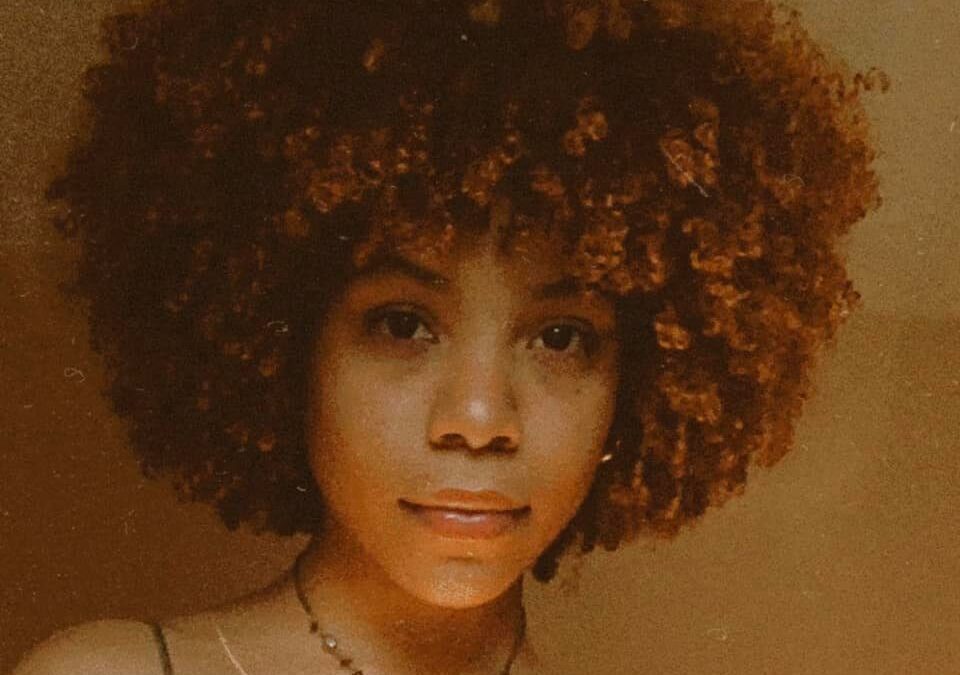
by Sekou | May 21, 2020 | Features, Sessions
So… summer 2020 is shaping up to be an experience. With us being in the weirdest timeline, where the simulation runners decided to add every inconceivable world event at once, sometimes you just want to listen to music. Not just music, but a voice that makes everything feel better. That makes you feel like you will be ok. Well, you are in luck, because I got the chance to virtually interview the amazing artist, Zaniah.
MT: How are you doing today?
Zaniah: I’m doing pretty well! Just relaxing, enjoying this beautiful weather in this quarantine ha-ha
Zaniah is one of the fresh new voices that we will be hearing more from soon. She has this neo-soul blend to her that is so fantastic. You can even tell by her music taste that she has a dope voice. You can also hear her musical influences in her voice, and she also has a pretty awesome backstory of getting into music.
MT: Who’s your favorite artist right now?
Zaniah: Erykah Badu is a lifetime fave, Snoh Aalegra is killin’ it, Haitus Kayote, Victoria Monnet, Dianna Gordon!
MT: What got you into music?
Zaniah: I’ve always been really drawn towards music! I can remember being younger and just wanting to be near the noise, I remember going to the fair or little mini festivals we have in Louisville, seeing singers perform and thinking, “I wanna do that!” I got my roots in old country music, I used to be able to yodel really well and my mom heard me one day. Ever since, she encouraged me to sing my little heart out!
Speaking of her mother, she also said that her mom is one of the main reasons that she [Zaniah] hasn’t given up. Having a support system is important to your mental health and it is clear that her mom is a big part of hers. Speaking of mental health, we of course discussed her connection between mental health and music. Here’s what she had to say.
MT: Is there any specific music that you listen to when you feel anxious or depressed?
Zaniah: I really like listening to jazz, blues, soft rock, soul when I’m feeling low and sad. It’s so expressive and the lyrics that usually accompany it are so relatable. There’s nothing like listening to something that explains what you have a hard time explaining. Music speaks to you so you don’t have to.
MT: Do you find that making music copes with anxiety and depression?
Zaniah: Absolutely! I feel like the root of my anxiety/depression is not feeling good enough, also being too caught up in the past or too worried about the future. Whether I’m making music or writing it, music always grounds me. Music is my meditation.
You can truly tell from her voice that this is her meditation, that this is her peace. And she makes us all more peaceful when we hear her.
MT: Let’s move on to music, mental fitness and social media. How do you say that music helps your mental fitness?
Zaniah: Music allows me to be as creative as I want to be. There’s a healing power in creating something and whenever I do, my brain feels stimulated and hungry for more. I love losing track of time, just playing the guitar or singing. I love making others feel something. Music moves and grooves me, and it does the same for literally everyone. Music therapy is real and is healing the wounded.
MT: What do you think about social media and how it affects your mental health?
Zaniah: I definitely have to take social media breaks sometimes. The only reason I use social media is to stay connected with friends and family, also to put myself out there as a music artist because it’s just how the culture is. I found myself becoming really anxious or paranoid about posting things. It honestly might be a confidence thing, like feeling like what I posted isn’t “cool” enough.
So how does Zaniah cope and get on social media?
Zaniah: I’ve been trying to switch the narrative into thinking, “this is my platform that I can use for the betterment of myself and others.” I can use my talent to inspire people. Who cares for likes? Those will come or maybe they won’t, at least I got this positive platform!
This is so important to grasp, because social media can be difficult and draining, to the point that we have to write our own mantras and change our narratives about how we use it, much like Zaniah did!
MT: Would you say that it is difficult to get on social media?
Zaniah: As an artist, sometimes it is extremely difficult because I’m trying to sell myself as a product and also trying to gain a fanbase on an almost fake platform that is based on likes. Putting anything out there into the world for others is nerve wracking.
Zaniah: We all want to be liked and the notion of doing what is popular on social media just to gain a fanbase is draining sometimes. It doesn’t feel like an authentic way to connect with people because people can’t feel your energy through a phone.
“People can’t feel your energy through a phone”. FACTS.
MT: Favorite TV show?
Zaniah: Broad City
MT: What is your second passion? If you weren’t doing music, what could you see yourself doing?
Zaniah: I would love to be an actress. I love watching old Blaxploitation films and I’d definitely love to create and star in a modern day depiction of one.
Is a Zaniah Blaxploitation feature film in our future? Possibly, but what is definitely in our future is Zaniah’s EP, which will be coming on June 5th along with her first single! Until then, check out her Soundcloud page, and just vibe out to some great music! Thank you for the interview, Zaniah. MT Out!
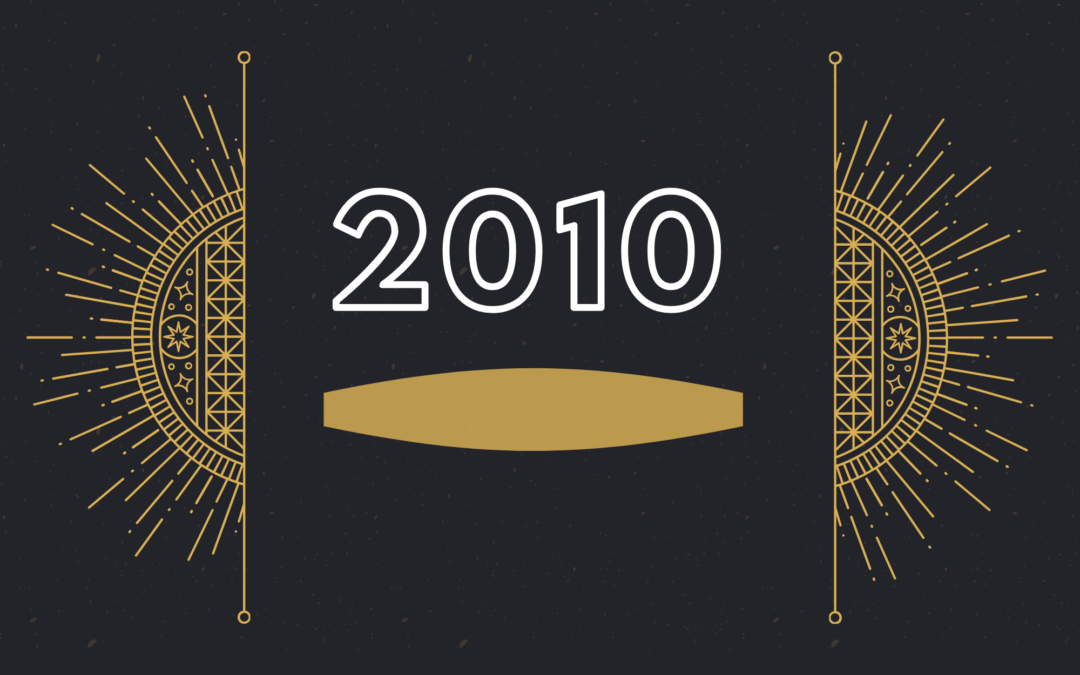
by Sekou | May 14, 2020 | Features, Unpopular Opinion
Y’all thought me saying Soulja Boy was influential was controversial… Let’s talk about something I’m sure none of you have heard about: how great the 90s is. The 90s was one of those banner decades where so much stuff came out. Like, a lot of stuff. We can talk about the TV shows that came out, we can talk about the Internet becoming more mainstream, but the most prevalent discussion point: the music. The 90s had some scary good music, especially in hip hop. (Side note: I personally still believe that 1994 is the greatest year in hip hop, no questions asked. I might be crazy, but I ain’t that crazy!) So many great albums came out, albums that would influence the landscape of hip hop and become very important pieces of art that are able to be studied. With that being said, the 90s supreme dominance of the greatest time for music has been dethroned.
Fresh out from the decade, the 2010s was a bit of a… strange one. We had a lot of reboots, plenty of viral challenges, and of course, the blowup of social media. Yes, Facebook and MySpace still existed, but you can’t tell me the 2010s didn’t have a supreme blowup with Twitter, Instagram and SnapChat. It had all these, but it also had music. It had some of the greatest albums of all time in To Pimp A Butterfly, My Beautiful Dark Twisted Fantasy, Lemonade, Good Kid, m.a.a.d. City,4:44, 21, and so many more! People never appreciate how good something is until it passes. These albums were all in the 2010s, and there’s even more that I could say; but I know you all want reasons behind this claim, so I’ll give you those instead. Here’s why the 2010s were the greatest time for music.
Streaming Services.
One of the best things to happen in the 2010s was the creation of streaming services. In an era when CDs were becoming played out, (pun very much intended) people still loved and wanted to listen to music. However, those iTunes gift cards only give you so much content. Enter: Apple Music and Spotify Premium. You can get all the music you want for a ridiculously cheap price. We don’t have to illegally download all of our albums and the artists can still get credit for them! Now, how much do they get paid? That is a different question entirely that we will definitely discuss at a different time.
SoundCloud/DatPiff.
Do you know what is fantastic about the Internet? The REACH and RANGE it has. I want to give you 2 scenarios
Scenario 1: There’s a new artist that you haven’t heard too much about. They’re not getting too much airplay on the radio since they’re that new. However, you are still interested. So you go to a CD shop, buy an album that’s about $12.99 and you actually hate it. You start wondering why you spent that money on that artist.
Scenario 2: There’s a new artist you don’t know too much about. However, you know that they have a SoundCloud. You hit their SoundCloud up, and you realize you don’t like them at all, and move on to the featured artist on SoundCloud.
SoundCloud and DatPiff really came in clutch for listening to music. From a consumer standpoint, these are great because it is free content for the most part and you get to listen to so much music. Maybe you find an artist you really like, and you stick with them. Maybe you hear an artist you strongly dislike, but all you have to do is click away and move on! From an artist’s standpoint, this is a dream come true. We’ve all heard the term, “SoundCloud rapper”, but that isn’t inherently a bad thing. Chance the Rapper was technically a SoundCloud rapper, and his free, independent content catapulted him to being produced by Kanye, being a main attraction at giant festivals, and getting a Grammy for Coloring Book, the first mixtape to do so. This is one of the best places to get discovered as a new artist. No one really buys new CDs, but everyone is on the Internet, and throwing new artists on SoundCloud makes everyone happy. The artist has an outlet for their music, and the consumer has more music to listen to.
The Albums.
Someone is going to hurt me for this one… But… Yes, while the 90s had some of the greatest albums of all time (Illmatic is one of the greatest rap albums ever and Aquemini is OutKast), the 2010s had these in tenfold. Maybe I am biased, but My Beautiful Dark Twisted Fantasy is the pinnacle of music, To Pimp A Butterfly is a masterpiece that infuses music in a way that makes it reminiscent of liberal sampling and unique enough to add a certain freshness to the game, Lemonade being one of the best albums and becoming one of the most empowering albums of all time, and so many more. I’m not going to say that these albums are better than the best of the 90s, I am just saying that the albums of the 2010s have some extreme highs that will be remembered. They’re already being remembered.
V A R I E T Y
Let’s touch on rap for a second. As much as oldheads want to talk about the crazy names that a lot of the new rappers have, and while I don’t blame them, we also must remember how important one word is: variety. Sure, there’s rap out there that has been derided by people and denigrated as “the worst thing in music”, but the beauty of that is the fact that it is an entire subgenre that is there. There’s mumble rap, SoundCloud rap, conscious hip hop, gangsta rap, boom bap, and much, much more. While it all might not be everyone’s cup of tea, there are still different flavors to suit your taste.
The 2010s was a decade that we will all look back fondly on in 20 years. Right now, it just ended, and it is still very fresh. Every decade has great music, the 2000s had The Eminem Show, College Dropout, and Speakerboxxx/The Love Below. The 90s had Illmatic, Enter The 36 Chambers, and Me Against the World. The 80s had Purple Rain, Thriller, and Dirty Mind. Each decade has at least 3 or more fantastic albums, and the 2010s is no different. It is bias as my teen years were spent in the 2010s listening to all this music, but I was able to listen to all music from all different decades because of the access available to us now. The 80s and 90s were legendary times for music and 1994 is still the best year in hip hop to date, but because of how we can consume the music, the variety of it, and the quality of the albums, the 2010s is the best time to listen to music.






